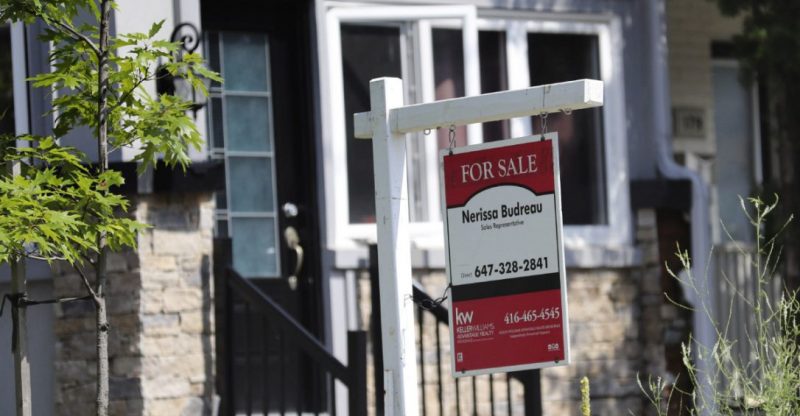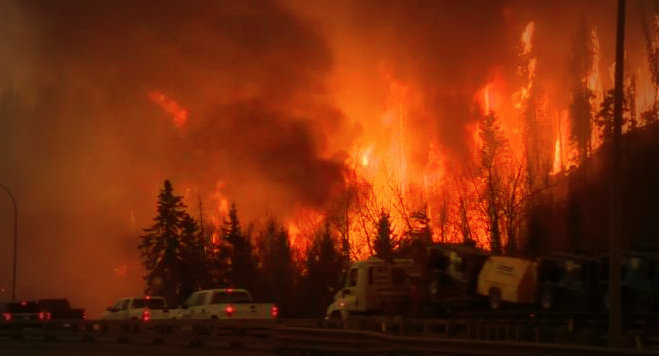Blaming Foreign Buyers Have Not Made Homes More Affordable
The demand for new homes in the Vancouver real estate market continues to be aggressive alongside high home prices. A new report from the Urban Development Institute Pacific recommends that casting the blame on foreign buyers for rising home prices will not make homes more affordable or increase home supply.
Anne McMullin, president and CEO of UDI implementing taxes on foreign buyers with the aim of cooling down home prices is not making any difference in the current housing situation. The housing market is currently facing a shortage in home supply and by the 2016, in a particular housing market, there were only eight unsold homes left on the market.
But condo properties in the city are the worst hit by lack of supply in comparison to other home types. During the fourth quarter in 2016, there were only 26 units available and unsold.
Presently there are 27 units completed in the city compared to the 340 units during the same period in 2016.
Not long ago, the British Columbia government in a response to high housing prices in the city introduced a tax on foreign buyers as there had be ongoing allegations that they are partly responsible for the price growth. In addition, the government also tightened mortgage laws including a stress test to determine if an lender is able to repay their loan in case of financial changes.
However, McMullin states that this move by the government was not a wise one and it makes little difference in addressing the current home prices.
Instead the government should be focused on looking at the evident factors behind price increases such as the growing population. Last year the city’s population increased by 30,700 with the current population count at 2,177,200 residents.
Metro Vancouver also falls short in the new resident per housing start. The current ratio of 1.4 is well below the 2.2 five year average.
Figures from last year suggest there is not much difference between housing supply and population growth. This is also affecting the rental vacancy in the city which is presently at 0.6%.
McMullin went on to highlight that although there are vast amount of land available for home construction, most of these lands have restrictions or are reserved for single-family housing.





